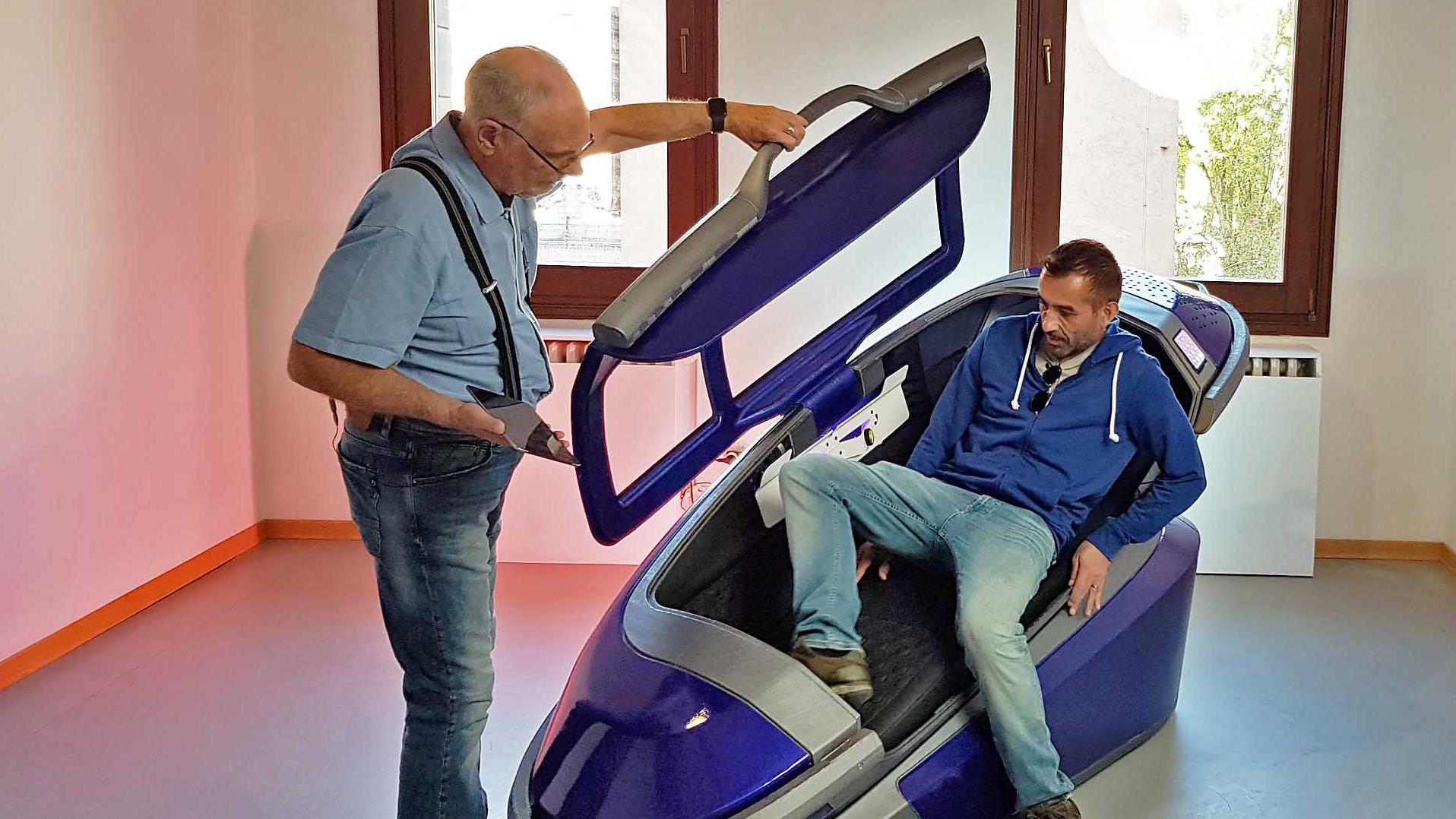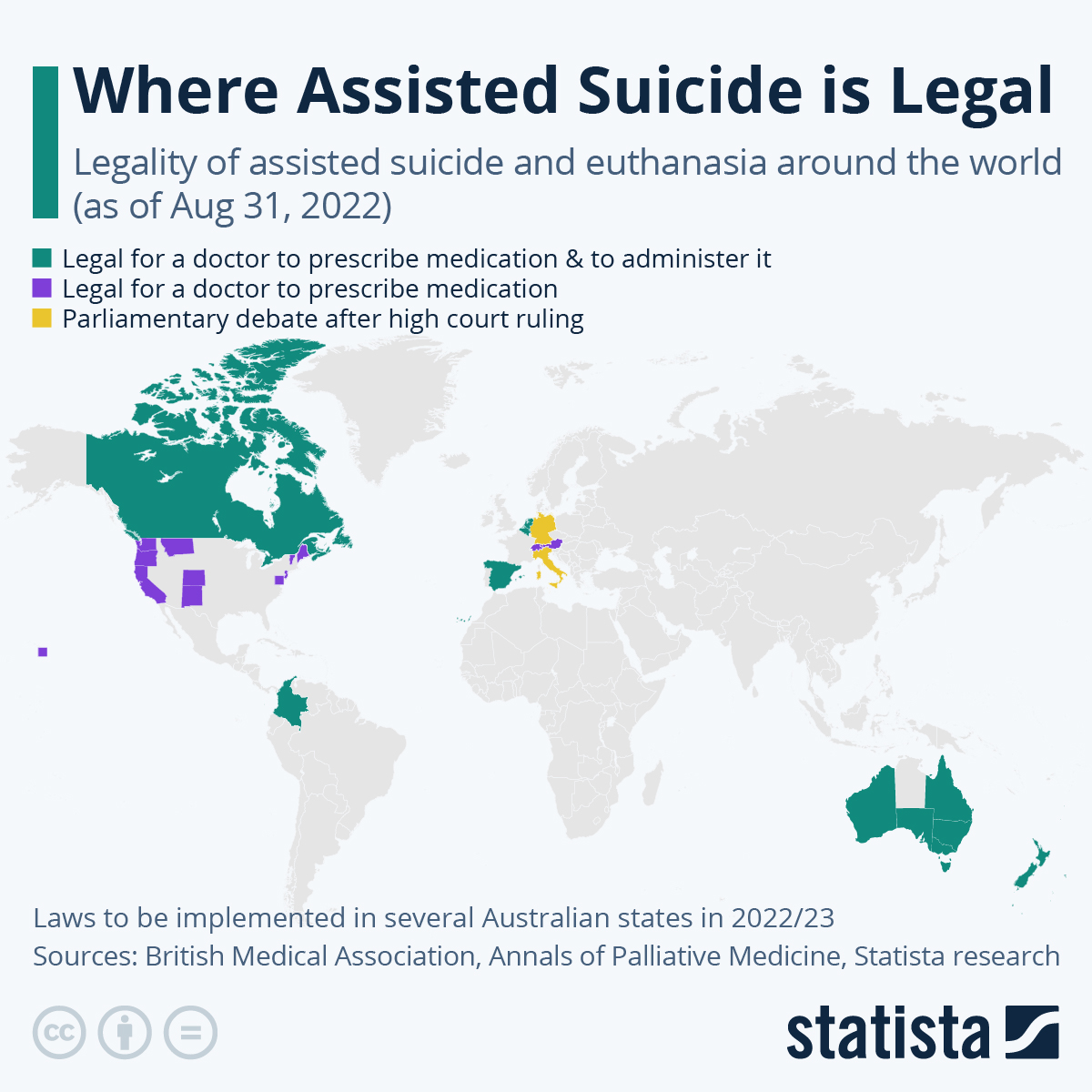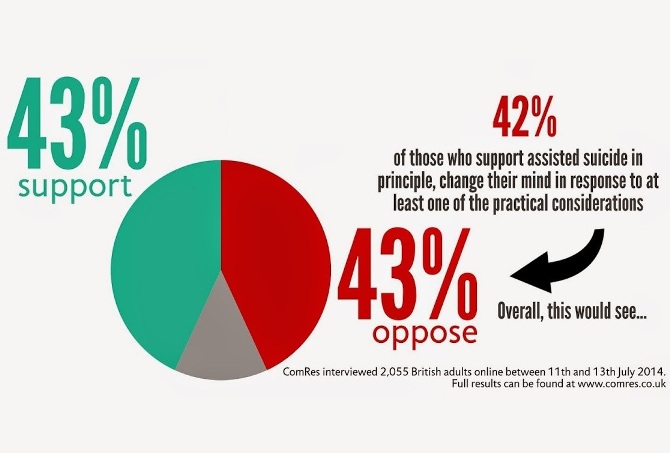The row over assisted suicide and euthanasia has been light in Switzerland with the arrest of four individuals connected with the death of a 64-year-old American woman, who became the first person in real life to make use of the much-debated Sarco suicide pod. The woman, suffering with severe health issues brought about by an autoimmune disorder, chose to commit assisted suicide in a forest deep within the northern canton of Schaffhausen. The case has served not only to accentuate the legality of assisted suicide within Switzerland but has also raised several ethical questions regarding new technologies that would facilitate death.

What is the Sarco Pod?
The Sarco pod has been invented by Australian doctor and euthanasia activist Philip Nitschke. The device is compact, high-tech, portable, and assists in the "peaceful, speedy death" of a person as the sarco pod campany says. It is about a human body size, but the space inside has all the oxygen replaced with nitrogen. This could lead to hypoxia, or cut off of oxygen to the brain, consequently killing the person.

How does it work?
The Sarco pod is a self-administered device. Those wishing to use the Sarco pod will be mandated to undergo psychiatric assessment before they access the device. Inside the pod, one presses a button and nitrogen emanates, while oxygen levels reduce. The person will fall out quickly into unconsciousness and be dead within minutes without pain. There is a button for the emergency exit inside the pod, but what if a person changes his or her mind at the ast moment, in unconsciousness will the person be able to move out or can press the button is still a question.

Comparing Assisted Suicide Laws Worldwide
Switzerland is often cited as a "death tourism" destination due to its permissive laws on assisted suicide, attracting people from all over the world who seek to end their lives on their own terms. lets compare it with other countries approach on the same:
- Netherlands and Belgium allow both euthanasia and assisted suicide for patients with unbearable suffering, even extending the right to minors in some cases.
- Germany permits assisted suicide but prohibits euthanasia, to end their own life.
- Canada recently expanded its Medical Assistance in Dying (MAiD) law to include patients with mental illness starting in 2024.
- United States has legalized assisted suicide in several states, including Oregon and Washington, but euthanasia remains illegal.
In many countries, however, assisted suicide is either illegal or considered unethical. For instance, France and Italy maintain strict prohibitions against assisted dying, arguing that life should be preserved at all costs. In Japan and India, assisted suicide and euthanasia are still considered unlawful because of cultural, ethical, and religion-based reasons. Whether to classify this practice as compassionate or morally wrong continues to be a subject of hot debate.

Why Assisted Suicide?
While it is indeed a fact that some people suffer greatly due to terminal illnesses or chronic diseases, the question remains same, is assisted suicide the solution? Does assisted suicide technology like the Sarco pod give control over dying, but at what cost? Others remark on how the device does something that dehumanizes the process, taking away the dignity from the human experience by focusing on efficiency rather than care. There is much merit in investing in improving the quality of life of those who have terminal conditions instead of investing in such fatal technologies. Mental health support, palliative care, and pain management should come first before the means of ending life. Euthanasia might be seen as compassionate, however, it should only come into consideration when every other way of improving life has failed.

Why Do We Need Assisted Death in the World's Best Places?
Advanced healthcare systems continue to be the backdrop where citizens, in the face of various health issues, report resorting to assisted suicide. It makes one wonder if such countries are doing enough for the more seriously ailing patient. Aren't these nations, full of any resource one can ask for, doing enough to assist people to live better rather than providing new ways of dying? While the impetus behind assisted suicide had an element of allowing a suffering patient with an incurable disease a dignified end, it also speaks to gaps in mental health care support for someone with a chronic illness.

Also read: Nitrogen Gas Executions - America's Latest Gift of Hell to the World
Sympathy and Moral Questions
It is undeniably somewhat sympathetic to those who opt to obtain an assisted suicide after being in a long fight with an illness. However, with more Sarco pods being produced in the world, do we stand the ground? Would it be morality making the human process of dying so efficient and easy? Nitrogen, though accomplishing the act, feels hardly human or clinical. Should we not be searching for better solutions, how we can improve life rather than how to end it? This right is subject to debates and discussions, not only in the international community but also within countries where assisted suicide is permitted regarding whether it is an act of mercy or an abdication of responsibility for effective care and alternatives.
Inputs by Agencies
Image Source: Multiple Agencies
Ⓒ Copyright 2024. All Rights Reserved Powered by Vygr Media.



















